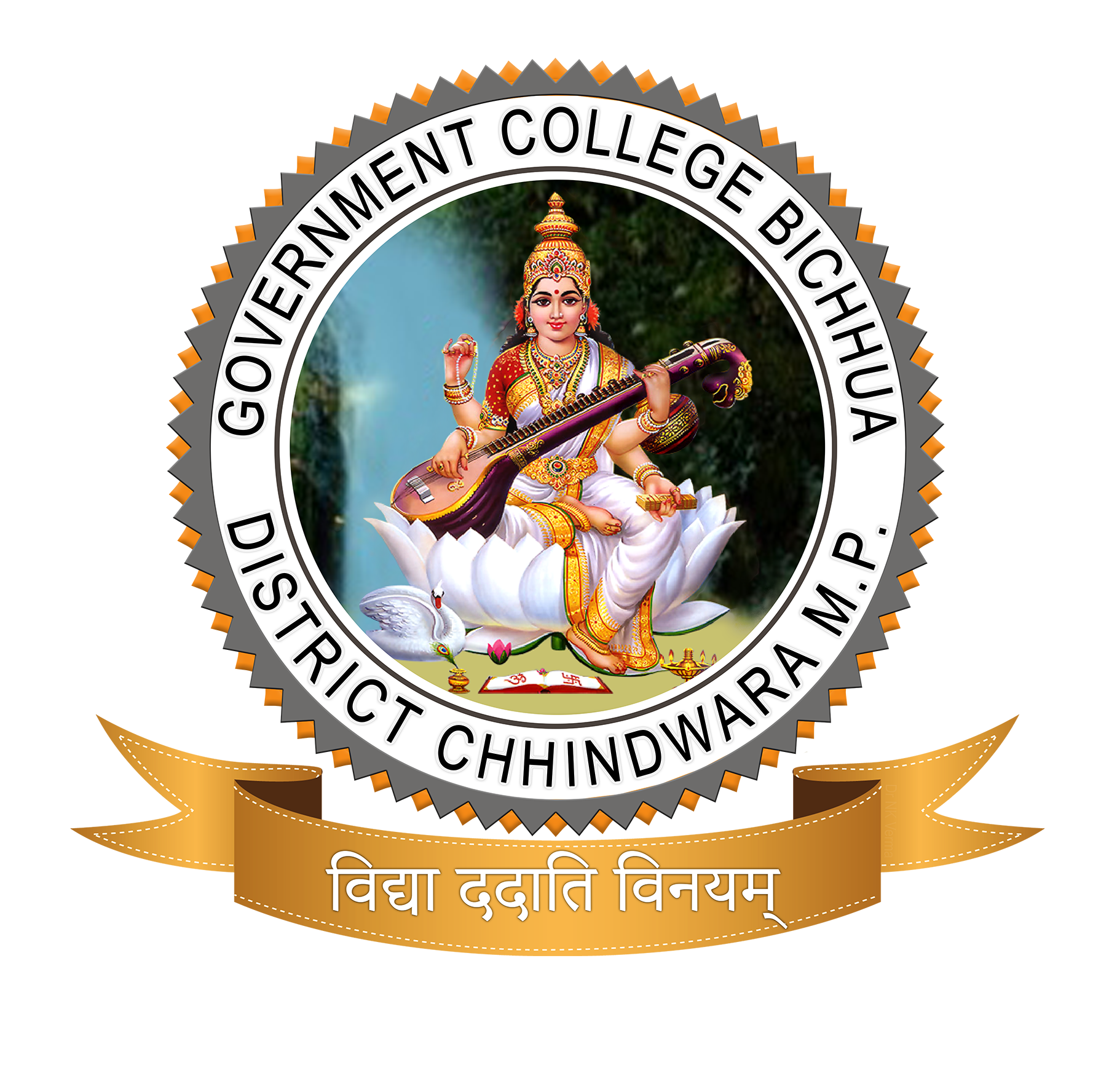Botanical Garden



Introduction
Government College Bichhua District Chhindwara has a beautiful serene garden named as Harit Vatika. Nestled in the heart of college, our garden is a living museum dedicated to the display, and preservation of a diverse array of plant species. Our aim to establishment of garden is education and conservation. We are committed to advancing botanical knowledge and promoting environmental stewardship through our extensive plant collections, research programs, and educational initiatives. Our garden serves as a vital resource for students, and the community, fostering a deeper understanding and appreciation of the natural flora.
Objectives
![]() Protect and preserve a diverse range of plant species, including rare and endangered ones.
Protect and preserve a diverse range of plant species, including rare and endangered ones.
![]() Maintain living collections that serve as a genetic reservoir for future generations.
Maintain living collections that serve as a genetic reservoir for future generations.
![]() Participate in global and local conservation initiatives to support biodiversity.
Participate in global and local conservation initiatives to support biodiversity.
![]() Provide educational programs and resources for students, researchers, and the general public.
Provide educational programs and resources for students, researchers, and the general public.
![]() Collaborate with academic institutions, conservation organizations, and government agencies to advance botanical knowledge.
Collaborate with academic institutions, conservation organizations, and government agencies to advance botanical knowledge.
![]() Foster a connection between people and plants through interactive exhibits, workshops, and events.
Foster a connection between people and plants through interactive exhibits, workshops, and events.
![]() Encourage community participation in gardening, conservation, and sustainability practices.
Encourage community participation in gardening, conservation, and sustainability practices.
![]() Promote awareness and appreciation of the green livings and the importance of plant conservation.
Promote awareness and appreciation of the green livings and the importance of plant conservation.
![]() Promote eco-friendly practices such as water conservation, composting, and organic gardening.
Promote eco-friendly practices such as water conservation, composting, and organic gardening.
![]() Educate the public about the importance of environmental sustainability and responsible resource use.
Educate the public about the importance of environmental sustainability and responsible resource use.

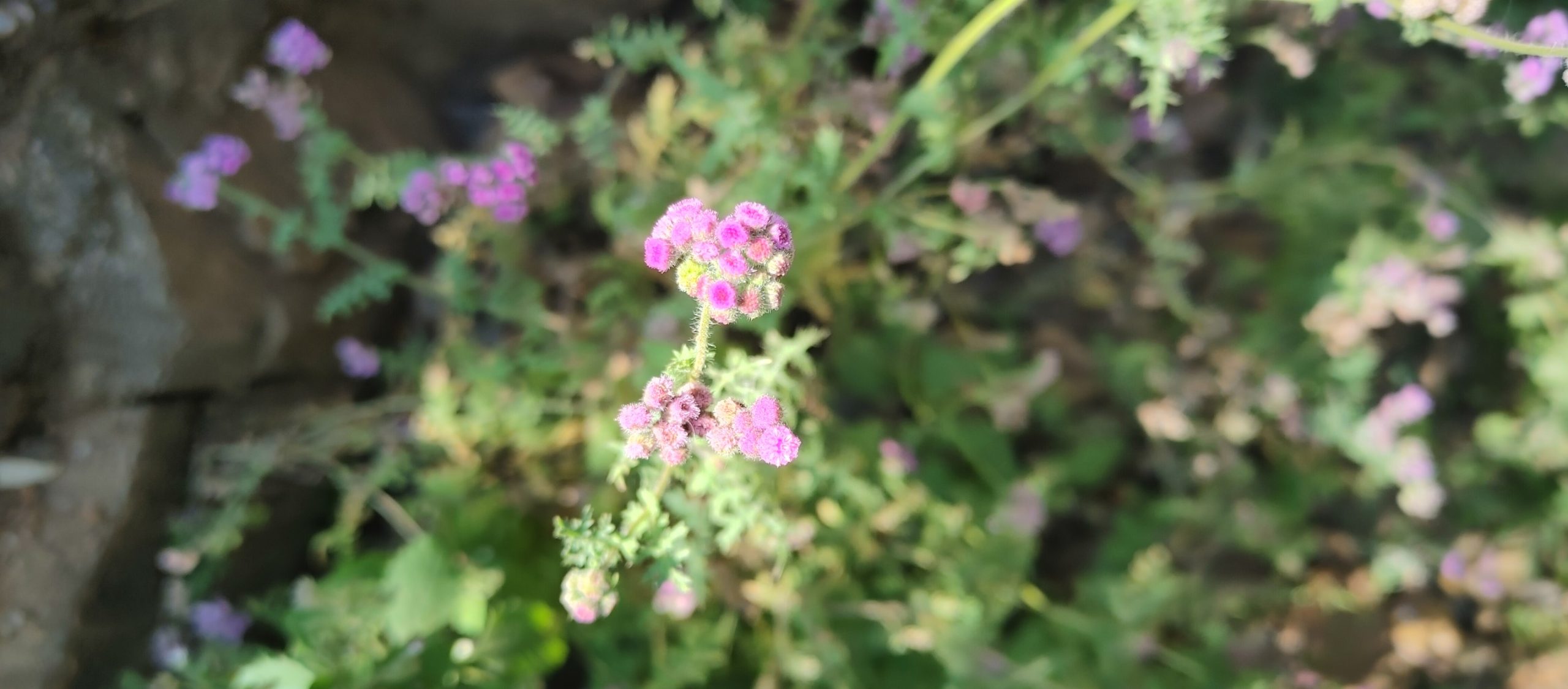
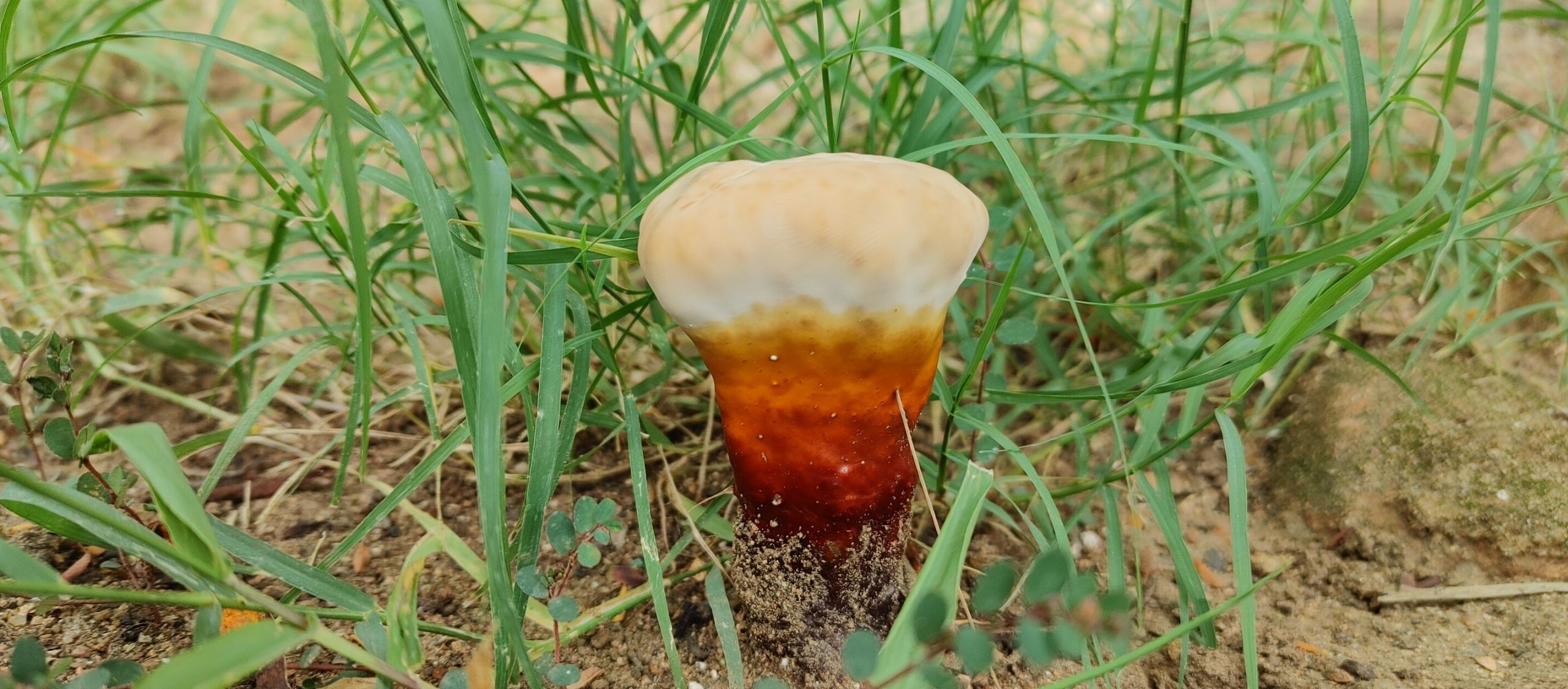
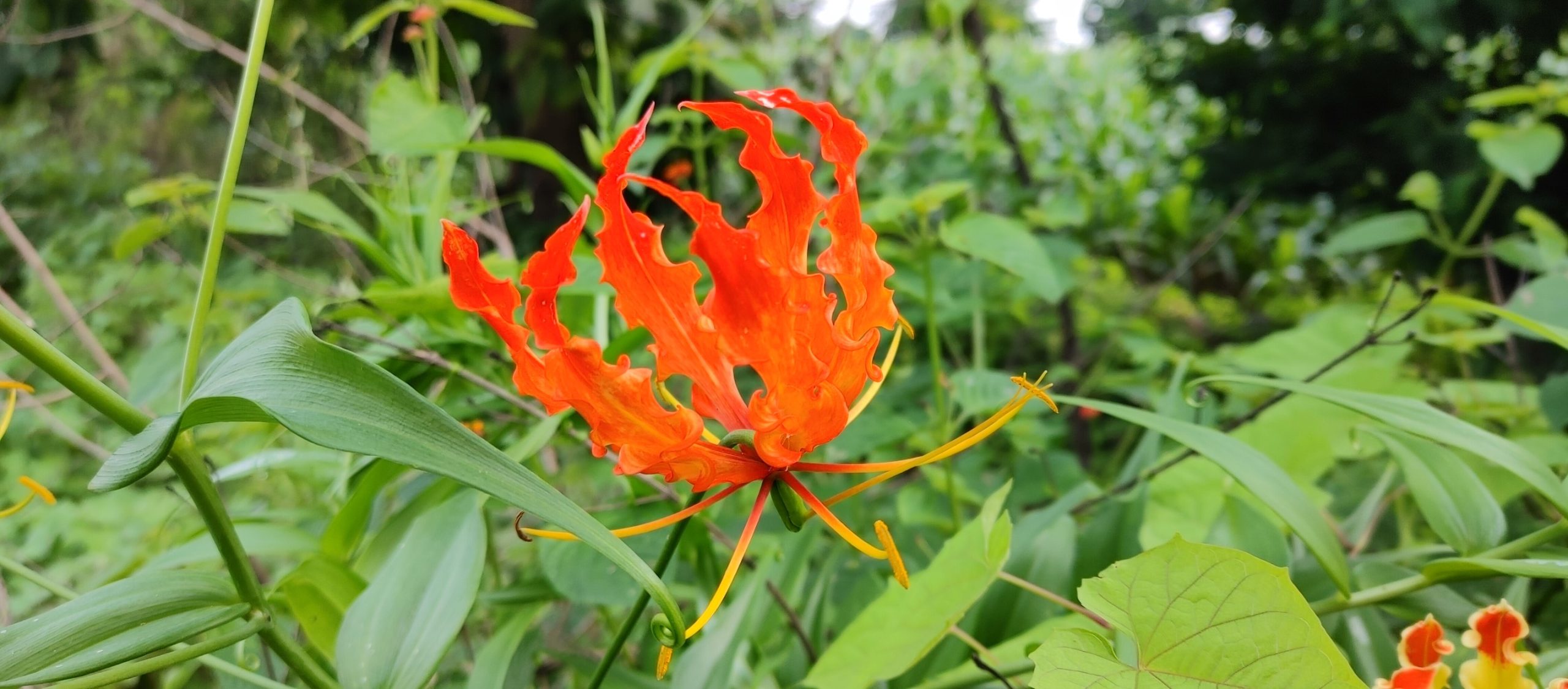
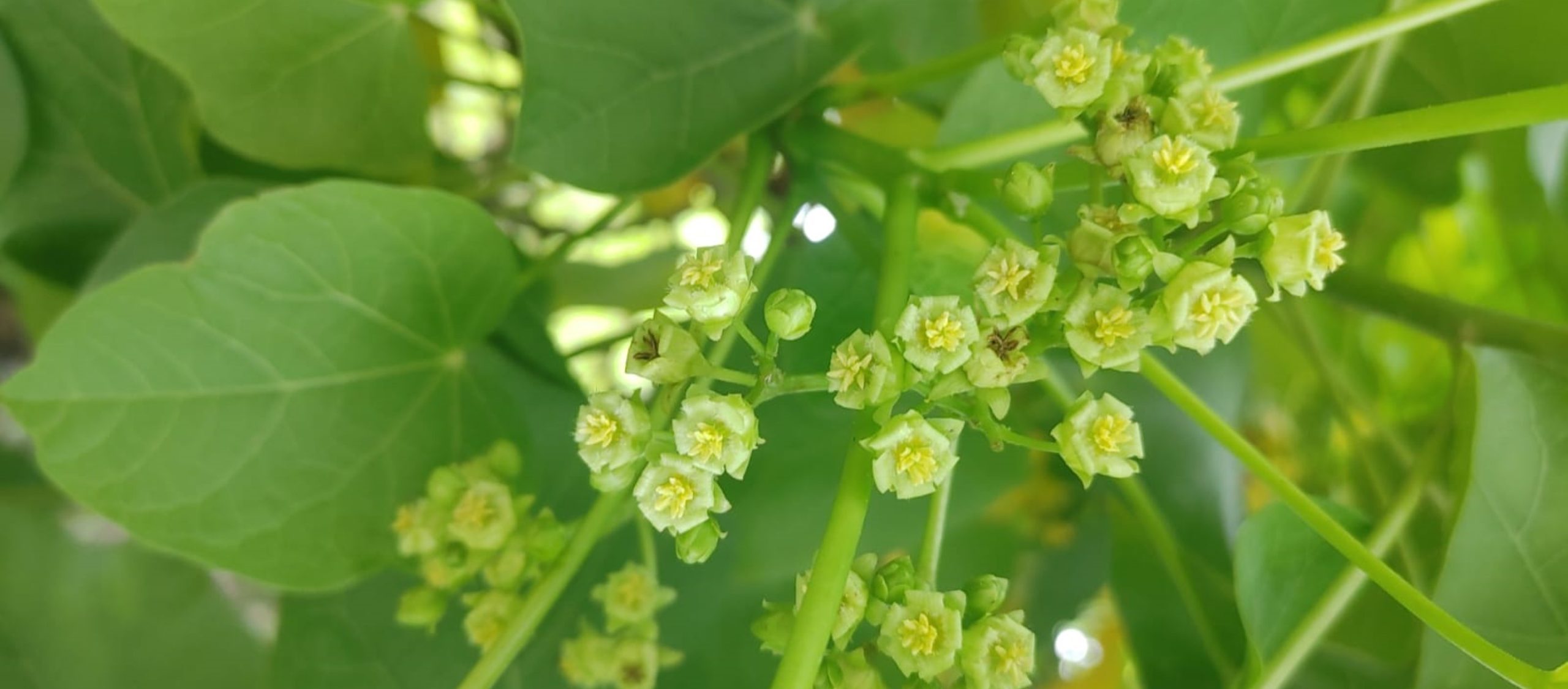
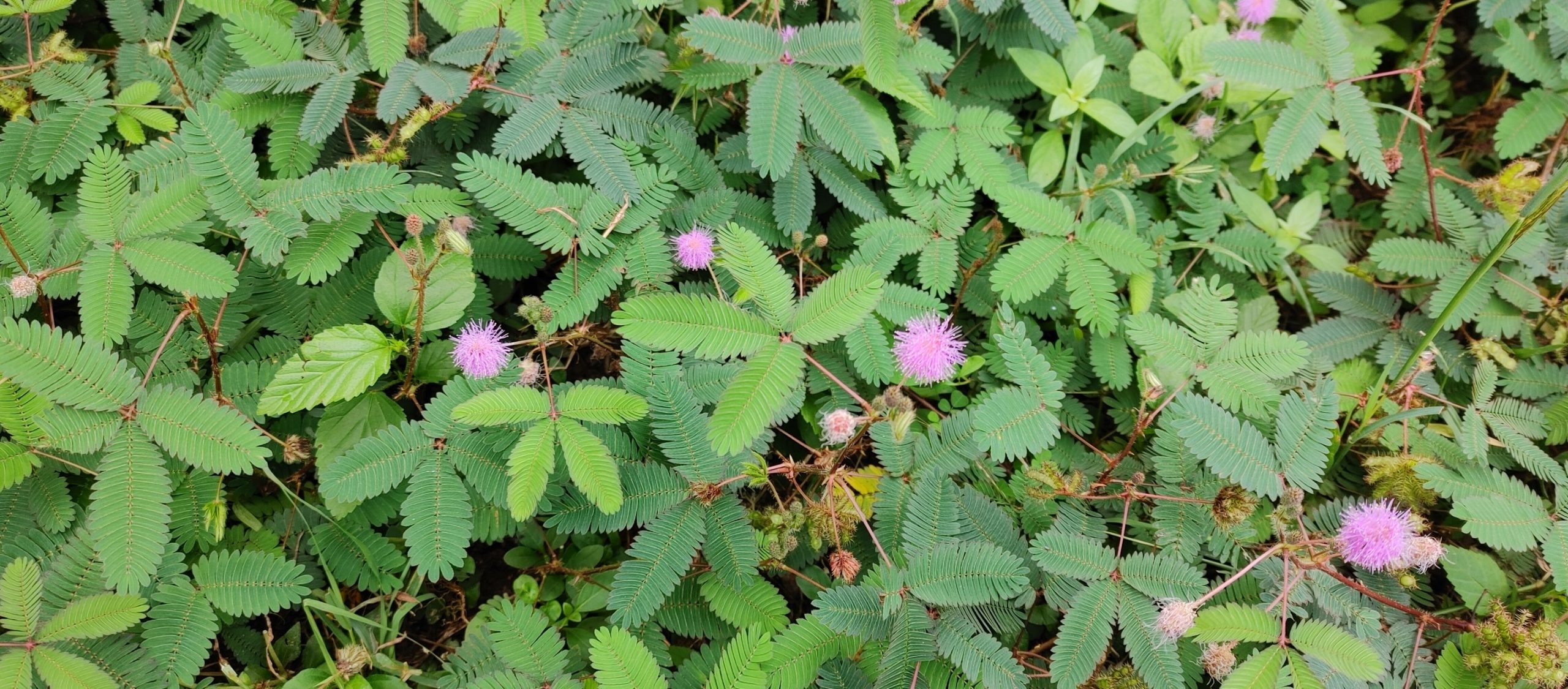
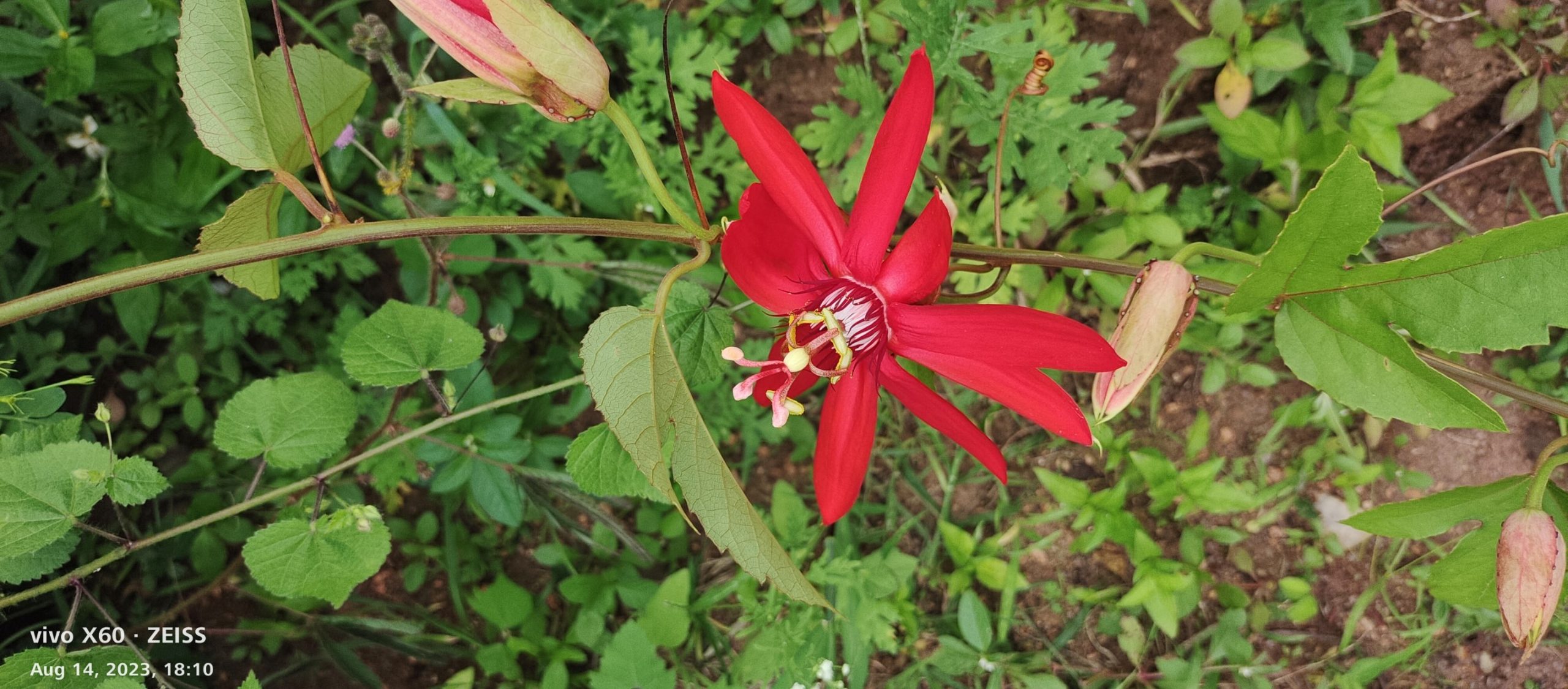
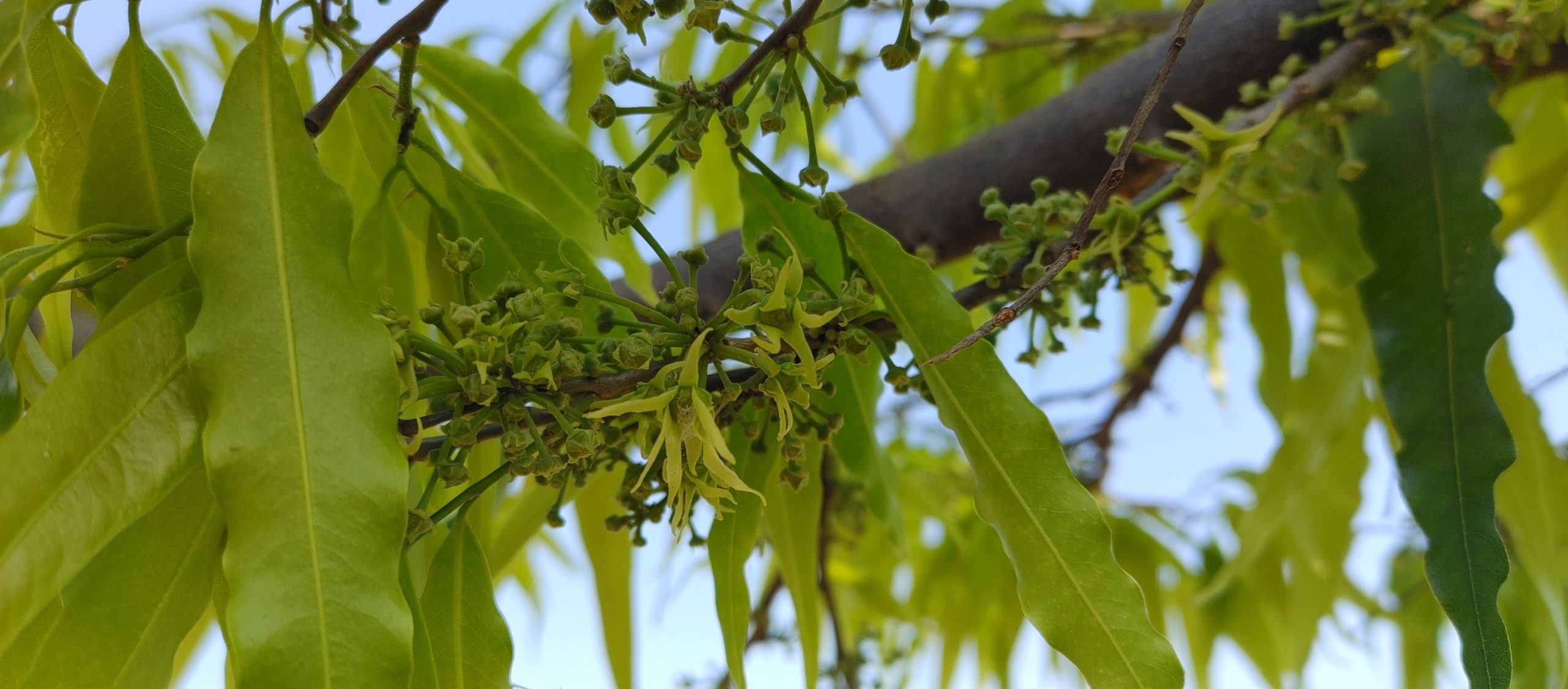

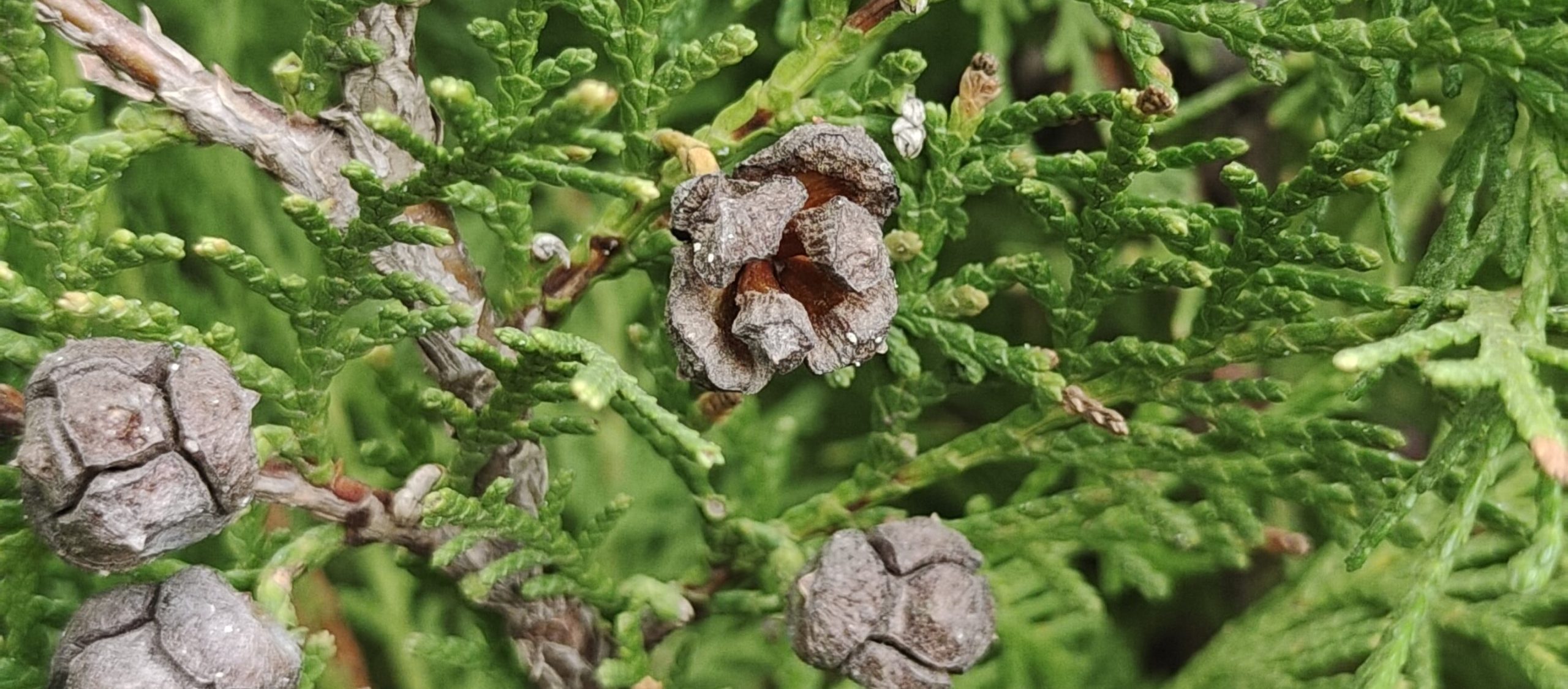
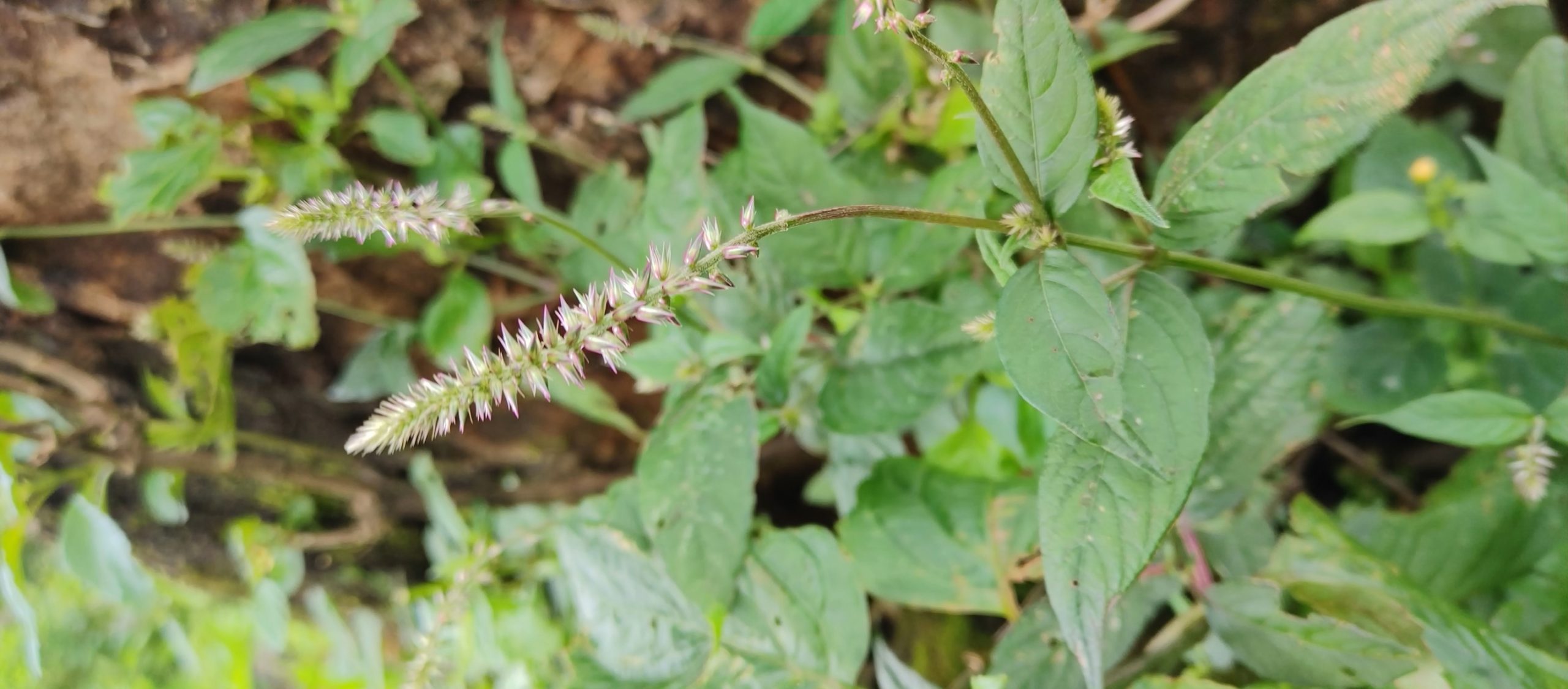







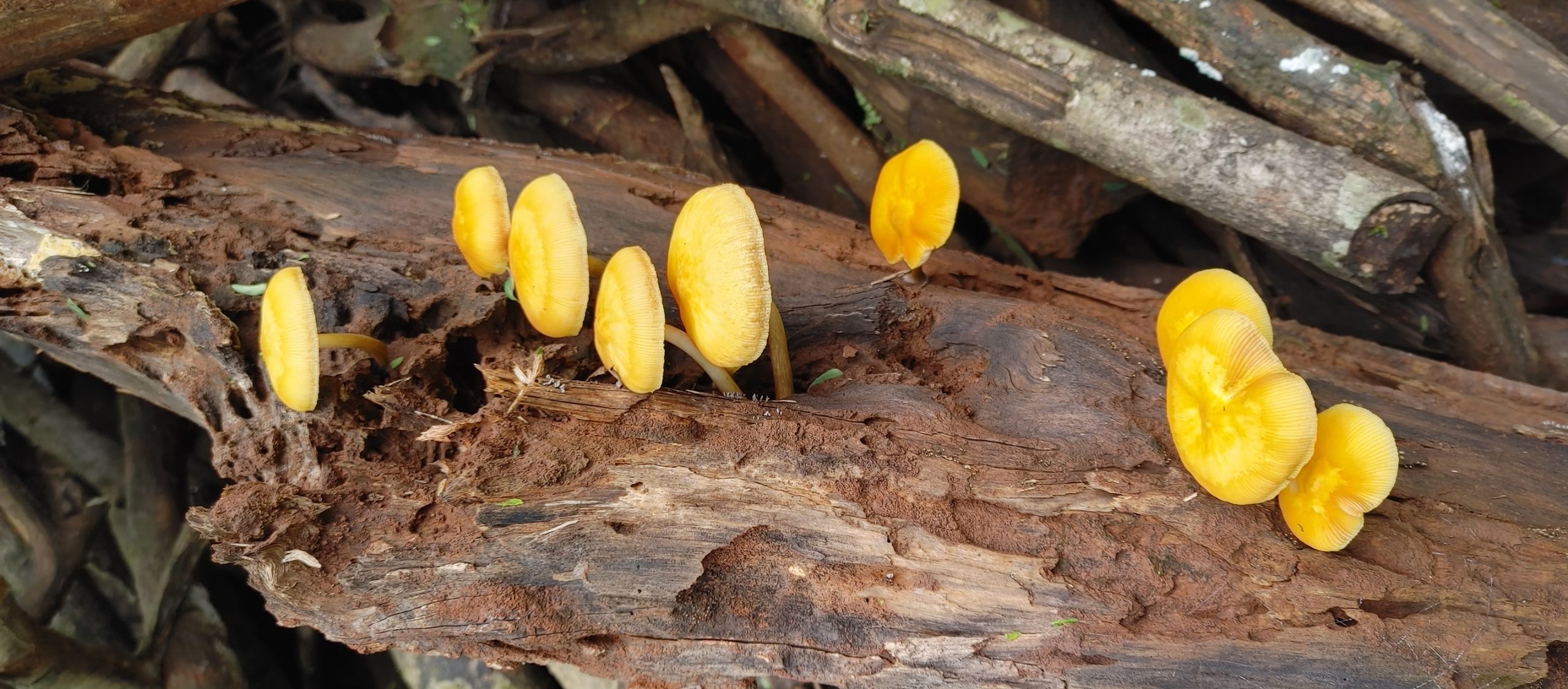
Green Initiatives
Eco Club– The College shall make an Eco Club for furtherance of Green initiatives in the College campus, The Eco Club shall implement Green initiatives with the involvement of Students & Community engagement.
Green Audit -The college shall make arrangements to undertake a comprehensive Green Audit of the existing structures and work operations annually to identify, quantify, describe and prioritize framework of Environment Sustainability in compliance with the applicable regulations, policies and standards.
The objective of the green audit is to improve energy and water usage efficiency, better waste management and all round management and development of campus in eco- friendly manner for sustainable future.
The Green audit may consist of following broad points:
(1) Water audit – water balance consisting of source, consumption and recycling.
(2) Waste audit – incentivisation of municipal solid waste, hazardous wastes, biomedical wastes and sources thereof, compostable fraction of wastes, segregation of wastes, present practice on waste management inside campus.
(3) Energy audit– incentivisation of electrical fittings, fixtures, appliances, machines, etc., energy consumption, recognize energy wastage and leakage points.
(4) Biodiversity – green cover mapping, tree counting, biodiversity register. Green Master Plan The college shall prepare a Green Master Plan to comply with environmental norms and/or at least, GEM (ASSOCHAM)/IGBC/GRIHA compliant.
The upcoming infrastructure and facilities as well as additions to the existing structures and facilities should be developed with a focus on energy efficiency, minimizing waste generation, optimizing power consumption of power, water and other supplies.
- Energy conservation The college will do maximum efforts to reduce energy consumption and use renewable sources of energy as far as possible.
Action Plan:
(1) The points of energy wastage and leakage should be identified and appropriate steps shall be taken to set a target of attaining significant energy saving by appropriate modifications and adopting best practices.
(2) The fluorescent lights may be replaced with LED in the existing buildings and streetlights across the campus.
(3) Use of renewable sources of energy should be increased either by installing solar panels on rooftops as well as suitable open places or by other suitable means.
- Water Management Plan for Optimum Usage of Water– The college shall adopt a sustainable water management plan to prevent wastage of water as well as recycle and reuse wastewater in the college campus.
Action Plan:
(1) Reduction of potable water usage by efficient monitoring, using efficient fixtures and restricting usage for irrigation.
(2) Installation of rainwater harvesting units at suitable locations in campus.
(3) Use of Sustainable horticultural practices
(c) Reduction of Carbon Footprints- The college shall do possible efforts to reduce carbon footprints from college related activities via plantation drives and use of cleaner and eco-friendly methods.
Action Plan:
(1) A methodology of calculating the carbon footprints of the whole institute should be developed and its improvement should be monitored.
(2) Tree plantation drives on and off campus should be initiated to reduce the carbon footprints.
(d) Plastic free campus– (avoid using single use plastic) The college shall motivate the staff and students for using bicycles, public Provisions should be made to transport and/or car pool at least once a week for routine transportation.
Action Plan:
The college shall make provisions to ban the use of single use plastic at college premises. Various awareness programmes may be initiated to motivate the staff, students and people in surrounding areas to phase out single use plastic from their schedule.
(e) Biodiversity, Plantation and Landscaping of Campus -Proper documentation of the flora and fauna at college premises should be done with the help of experts. Further, plantation should be done in a planned manner with expert advice to add both green cover and beauty to the campus. Landscaping of different sizes may be done at suitable open spaces with flowering plants, grass and accessories targeting towards the most beautiful green campuses in surrounding
(f) Eco Club Activities- The Eco Club shall organize various Green Initiative Programmes such as Environmental Awareness Programme, Plantation Programme etc. under special Flagship Programmes with the engagement of stakeholders & with community engagement. (h) Plantation of Medicinal Plants in the college campus- The college shall do possible efforts to plant Medicinal Plants in the college campus for the benefit of Staff & Students.
College Committee
- Naveen K. Verma
- Vaishali Gupta
- Esmil Beliya
- Vivek Tiwari
- Suresh P. Charmkar
Student Committee
- Mahima Verma (MSc IV Sem)
- Deepmala Nagre (MSc IV Sem)
- Gaytri Minote (MSc II Sem)
- Gajanand Vishwakarma (BSc II Year)
- Karishma Sahu (BSc II Year
